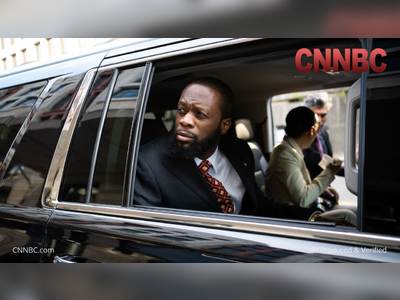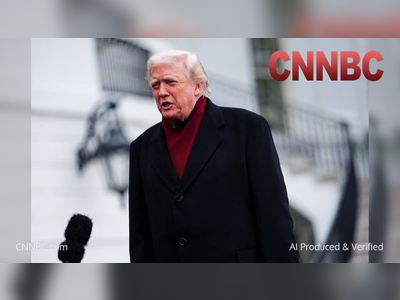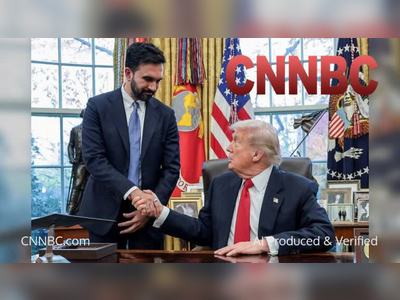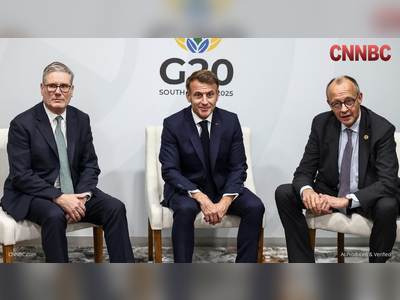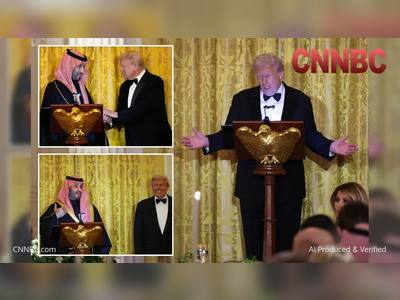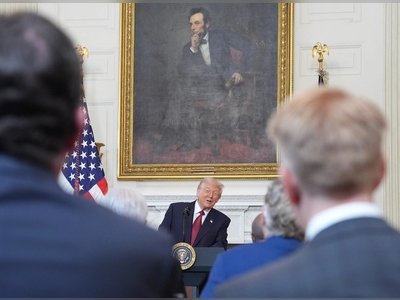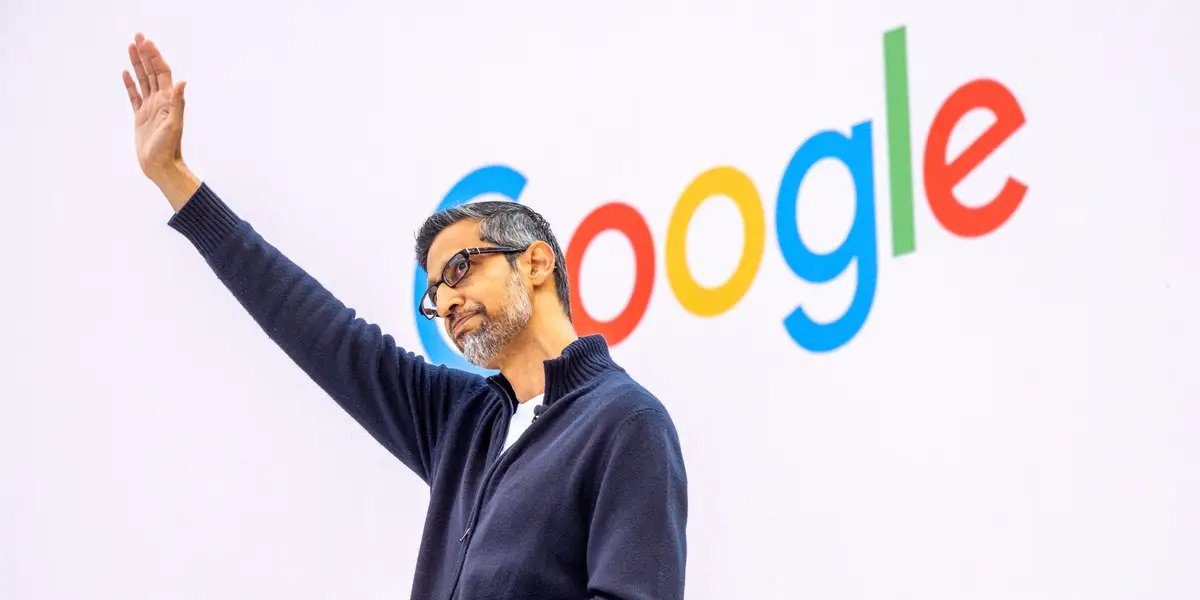
Google CEO Sundar Pichai Says AI Could One Day Step Into his Executive Chair
In a wide-ranging interview, Sundar Pichai suggests that artificial intelligence may be capable of performing chief executive duties and urges society to prepare
In a recent interview with a major broadcaster, Sundar Pichai, chief executive of Google LLC and its parent company Alphabet Inc., offered a bold forecast: he believes that artificial intelligence could eventually fulfil the role of chief executive.
“I think what a CEO does is maybe one of the easier things maybe for an AI to do one day,” he said.
Pichai’s remarks come amid a broader wave of senior executives publicly acknowledging that their own jobs may be vulnerable to automation.
They reflect a sharpened sense of urgency about the pace at which AI is moving from novelty to operational tool.
He said that within the next twelve months, AI will evolve to handle “more complex tasks … as agents that act on your behalf.”
At the same time, Pichai issued cautionary notes: he warned against blind trust in AI systems, stating that “the current state-of-the-art technology is prone to some errors.” He also accepted that no company—including his own—will be immune if the current wave of AI investment turns into a bubble.
His commentary underlines a strategic stance: while AI is being positioned as “the most profound technology humanity has ever worked on,” he stressed that society must navigate the disruptions it will bring.
“People will need to adapt,” he said, emphasising that success in any profession—whether teacher, doctor or CEO—will increasingly depend on mastering new tools.
In addition to the job market implications, Pichai highlighted the broader institutional impact.
He noted that his company’s own infrastructure spend on AI and energy demands is intensifying and that AI will become capable of advising on decisions in education, healthcare and investment.
Some industry peers are more reserved.
Jensen Huang, chief executive of NVIDIA Corporation, for example, has said the idea of AI replacing senior leadership remains unrealistic at present.
Pichai, however, argued that the greater risk is falling behind the technology rather than its pace.
His message to the workforce: begin preparing now for a future in which human and machine will collaborate more deeply.
“Those who learn to adopt and adapt,” he said, “will do better.”
“I think what a CEO does is maybe one of the easier things maybe for an AI to do one day,” he said.
Pichai’s remarks come amid a broader wave of senior executives publicly acknowledging that their own jobs may be vulnerable to automation.
They reflect a sharpened sense of urgency about the pace at which AI is moving from novelty to operational tool.
He said that within the next twelve months, AI will evolve to handle “more complex tasks … as agents that act on your behalf.”
At the same time, Pichai issued cautionary notes: he warned against blind trust in AI systems, stating that “the current state-of-the-art technology is prone to some errors.” He also accepted that no company—including his own—will be immune if the current wave of AI investment turns into a bubble.
His commentary underlines a strategic stance: while AI is being positioned as “the most profound technology humanity has ever worked on,” he stressed that society must navigate the disruptions it will bring.
“People will need to adapt,” he said, emphasising that success in any profession—whether teacher, doctor or CEO—will increasingly depend on mastering new tools.
In addition to the job market implications, Pichai highlighted the broader institutional impact.
He noted that his company’s own infrastructure spend on AI and energy demands is intensifying and that AI will become capable of advising on decisions in education, healthcare and investment.
Some industry peers are more reserved.
Jensen Huang, chief executive of NVIDIA Corporation, for example, has said the idea of AI replacing senior leadership remains unrealistic at present.
Pichai, however, argued that the greater risk is falling behind the technology rather than its pace.
His message to the workforce: begin preparing now for a future in which human and machine will collaborate more deeply.
“Those who learn to adopt and adapt,” he said, “will do better.”


